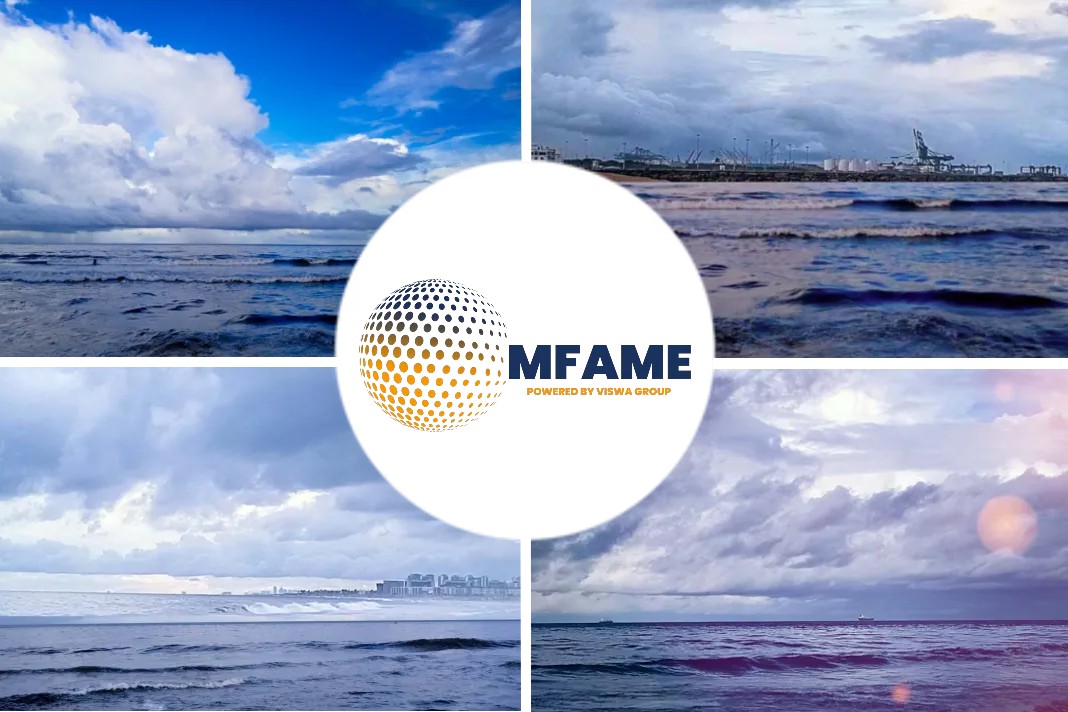
‘Overcapacity will persist, prompting more scrapping and slow-steaming’, reveals a Loadstar news source.
Environmental regulations
Overcapacity will persist next year and, along with stricter environmental regulations, will prompt more scrapping of elderly tonnage and slow-steaming, said Cosco corporate secretary Xiao Junguang yesterday.
He said: “Looking into 2024, the global economy is expected to stabilise and recover. According to WTO estimates, global trade is estimated to grow 3.3%.”
And Sea-Intelligence’s latest report, issued yesterday, suggests the current tonnage overhang will peak next year, and be fully resolved by 2028.
On Monday, Cosco Shipping Holdings is scheduled to announce its financial results for the nine months ended 30 September, but preliminary estimates show net profit down 77%, year on year, to CNY22.06bn ($3.03bn), as a result of weakened shipping demand.
Mr Xiao said: “While the container shipping market will remain oversupplied, the glut will be narrowed in 2024. Scrapping and slow-steaming will help alleviate supply-side pressure. Ship operators will recycle older vessels and reduce sailing speeds to comply with limits on emissions.”
In May, the Cosco group scrapped its first containership in nearly seven years, when the 2005-built 5,816 teu Tian Shun He was sold for $563/ldt for recycling in Bangladesh.
In 2016, the last time Cosco engaged in demolitions, 11 ships of 37,822 teu were disposed of. Then too, the container market was struggling, with several operators reporting losses amid a string of consolidations.
The Cosco Shipping Lines orderbook comprises 52 vessels of 854,826 teu, equating to 28% of its current fleet.
Did you subscribe to our daily newsletter?
It’s Free! Click here to Subscribe!
Source: Loadstar
















